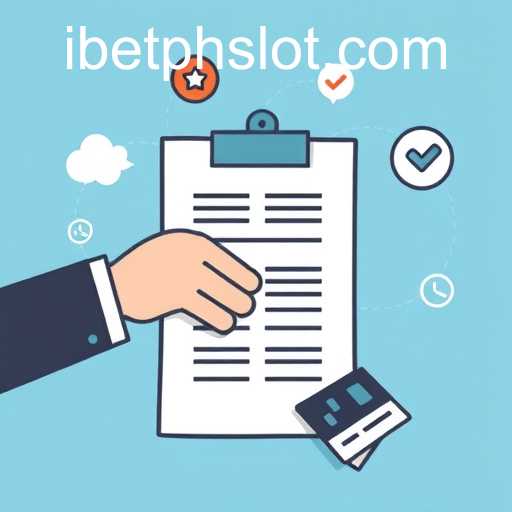User Agreements: Unpacking Their Role and Relevance
Introduction to User Agreements
User agreements, often found in the form of terms of service or end-user license agreements, are essential elements in the digital landscape. These agreements establish a legal relationship between a service provider and its users. In today's digital age, platforms like "I betph" leverage these agreements to outline user responsibilities and rights, ensuring smooth interactions between parties.
Defining User Agreements
A user agreement is a legally binding contract that users must accept to access a service. These agreements serve several purposes, from setting usage guidelines to protecting the service provider from potential liabilities. In facilitated environments like I betph, user agreements help define the boundaries of acceptable conduct and mitigate potential disputes.
Key Components of User Agreements
The structure of a user agreement usually includes several crucial components:
- Scope of Service: This section delineates what the user can expect from the service, providing a clear understanding of the actual use of the platform.
- User Responsibilities: It outlines the dos and don'ts for users, ensuring they adhere to the platform's standards.
- Privacy and Data Usage: This part explains how user data will be collected and used, a pivotal concern for services like I betph, where privacy is paramount.
- Liabilities and Disclaimers: Outlining liabilities helps protect the service provider from legal repercussions, a common inclusion in all such agreements.
- Termination of Service: A standard clause that stipulates the circumstances under which a service can be revoked.
Why User Agreements Matter
User agreements play a vital role in maintaining transparency and trust. They are not just legal formalities but tools to build and nurture relationships with users. For I betph, an effective user agreement can encourage user engagement by clearly defining the terms of use, ultimately fostering a safe and trusting environment.
The Role of Clarity and Readability
Clear communication is crucial in user agreements. Complex legal jargon can obscure essential details, potentially leading to misunderstandings. Simplifying the language used in these contracts enhances user comprehension, a critical factor for platforms like I betph, where user agreement readability could directly impact user retention.
Legal Protections and Implications
A well-crafted user agreement not only protects users but also shields service providers from potential legal issues. "I betph" relies on these agreements to prevent misuse and ensure compliance with regional regulations. By addressing legal liabilities upfront, these agreements help avert costly lawsuits and reputational damage.
The User Perspective: Comprehension and Compliance
From a user's standpoint, understanding a user agreement is crucial. These agreements often contain terms that significantly impact user rights. Encouraging users to read and comprehend these documents can lead to more informed decisions regarding their participation in services like I betph.
Challenges in Implementation
Despite their importance, user agreements face implementation challenges. Users frequently overlook these documents due to their length and complexity. For I betph, presenting a concise, easily navigable agreement is key to improving user interaction with these critical documents.
Strategies for Enhancing User Engagement
Engaging users with user agreements requires innovation. Interactive formats, such as video summaries or infographics, can boost user engagement. For platforms like I betph, gamifying the process of agreement acceptance might significantly enhance user interaction and understanding.
Conclusion: The Future of User Agreement Practices
The evolution of user agreements emphasizes simplicity, transparency, and user education. The digital future will likely see more personalized agreements that cater to individual user needs, particularly for specialized platforms like I betph. In a world where digital interactions are ubiquitous, understanding and implementing effective user agreements is more important than ever.








